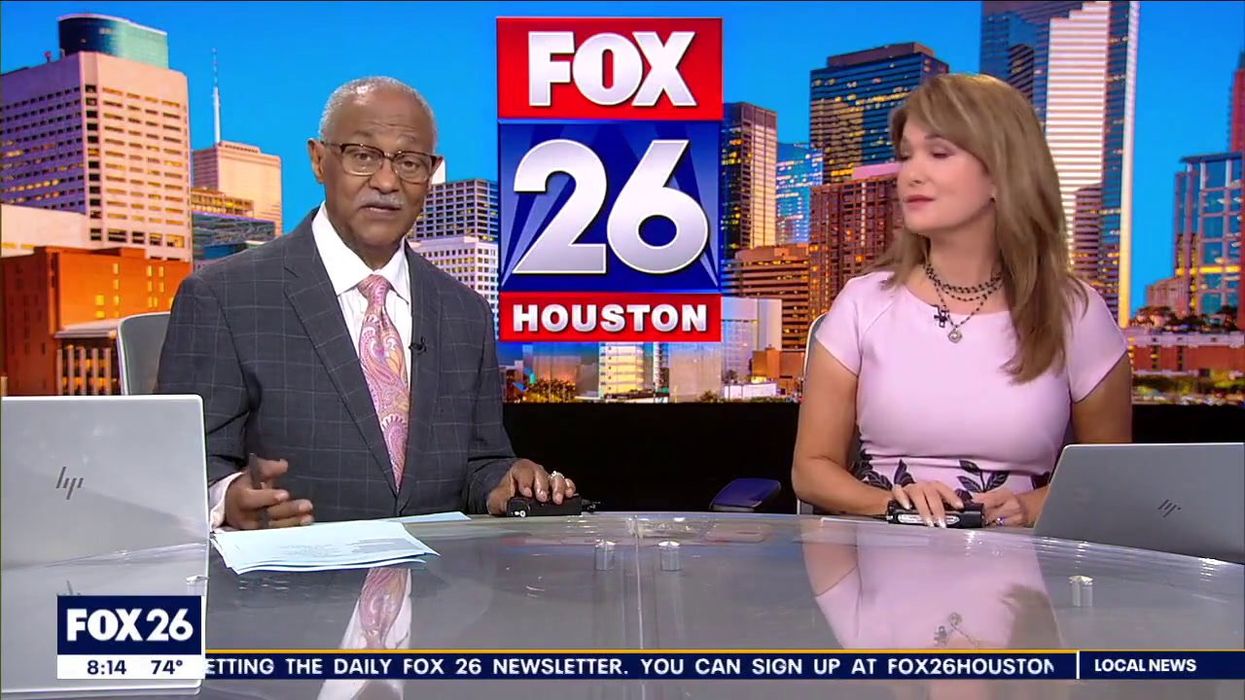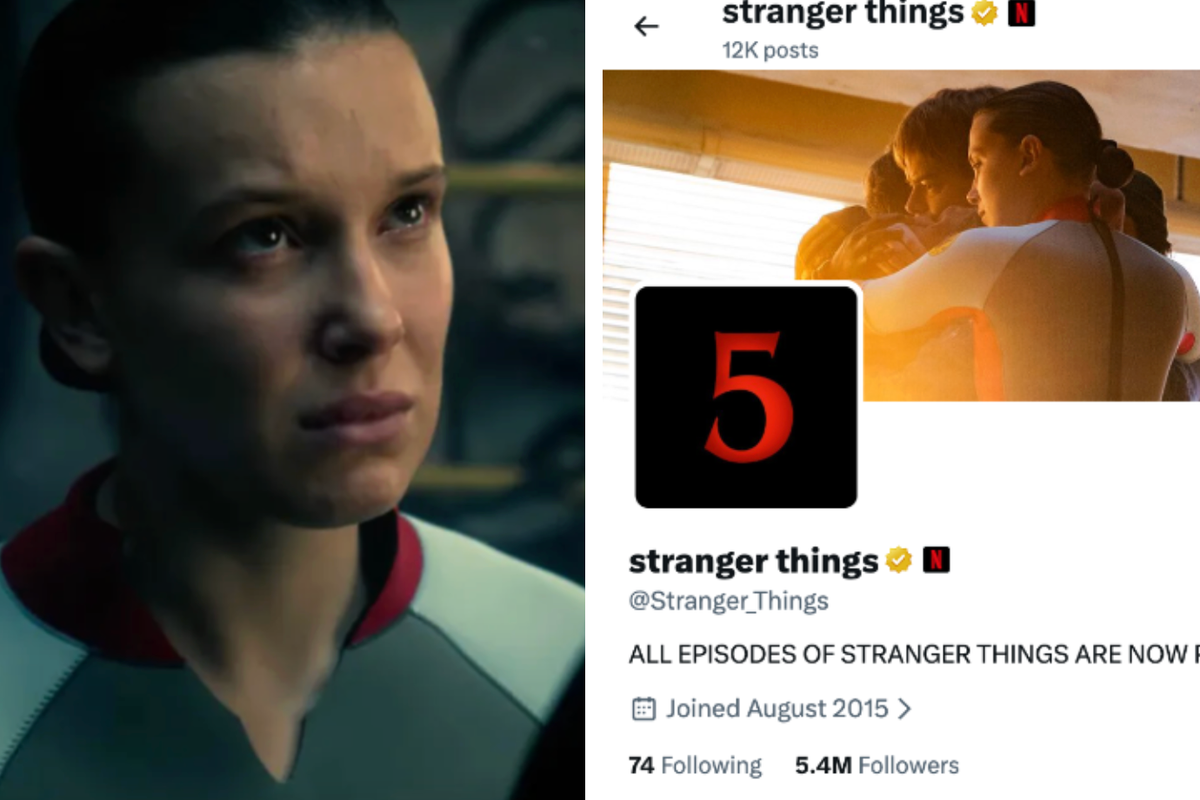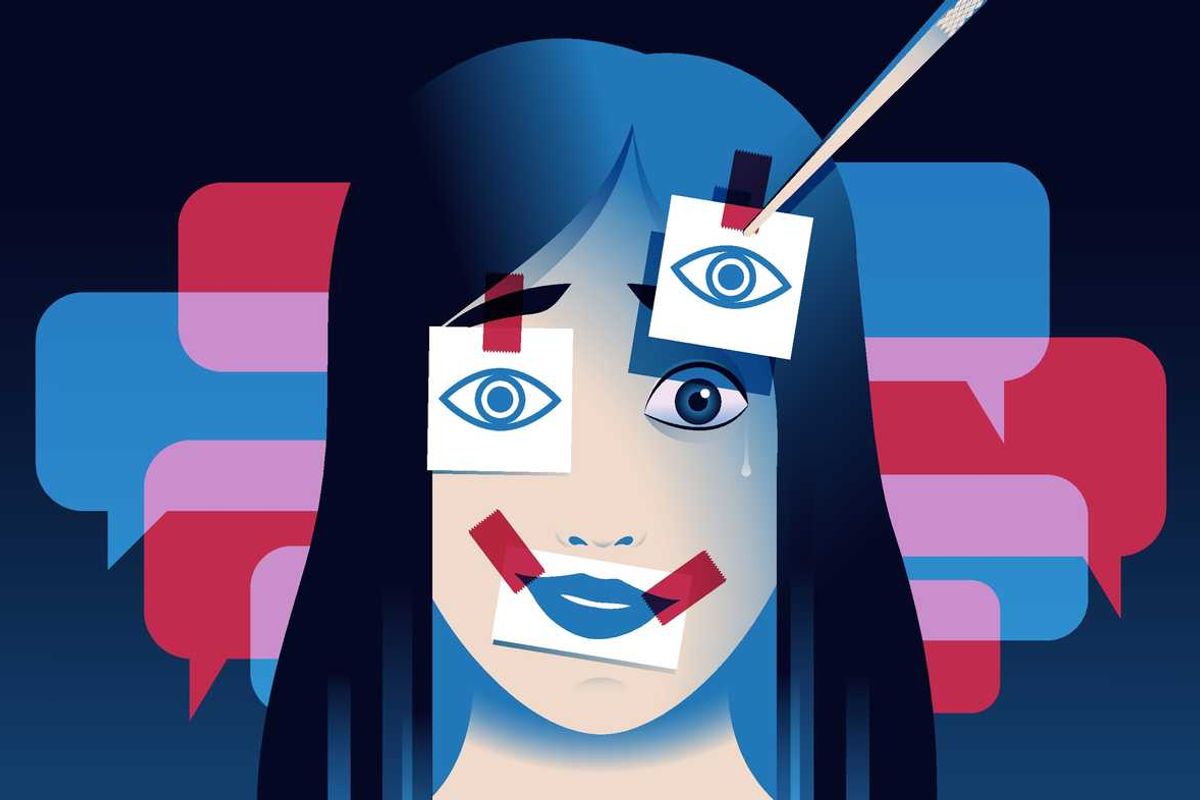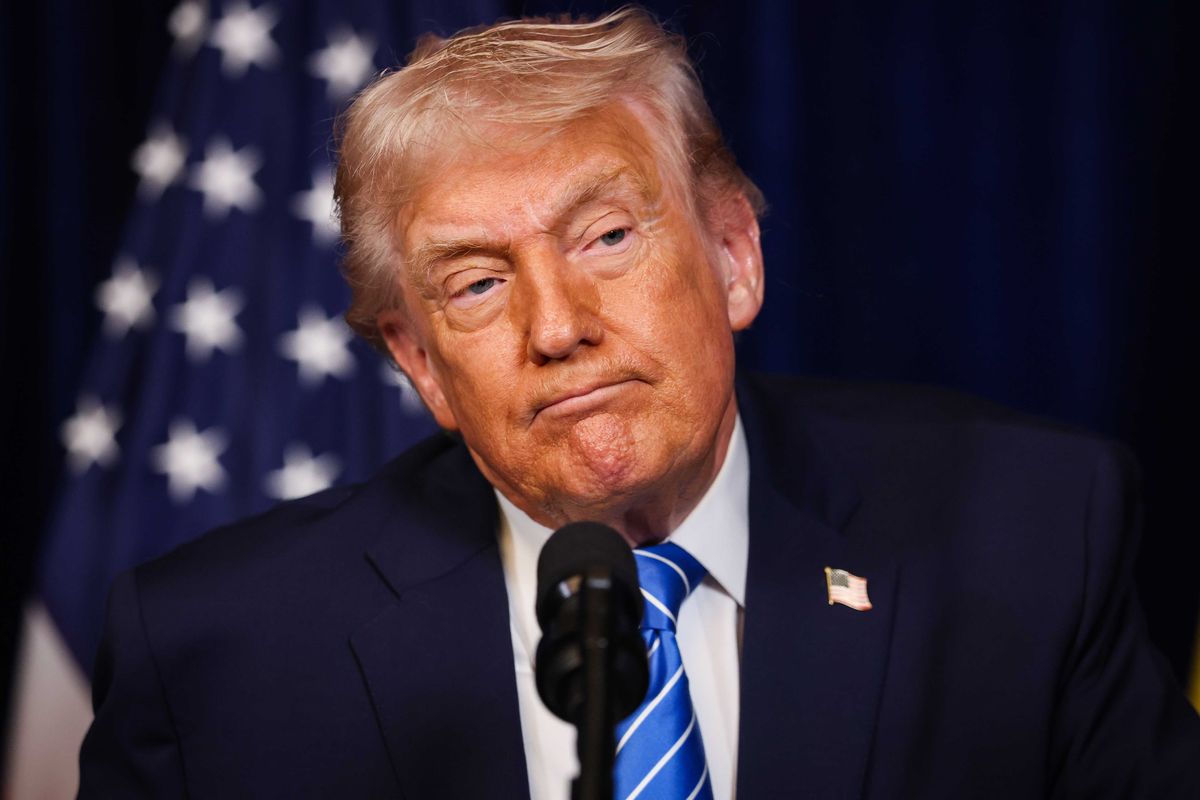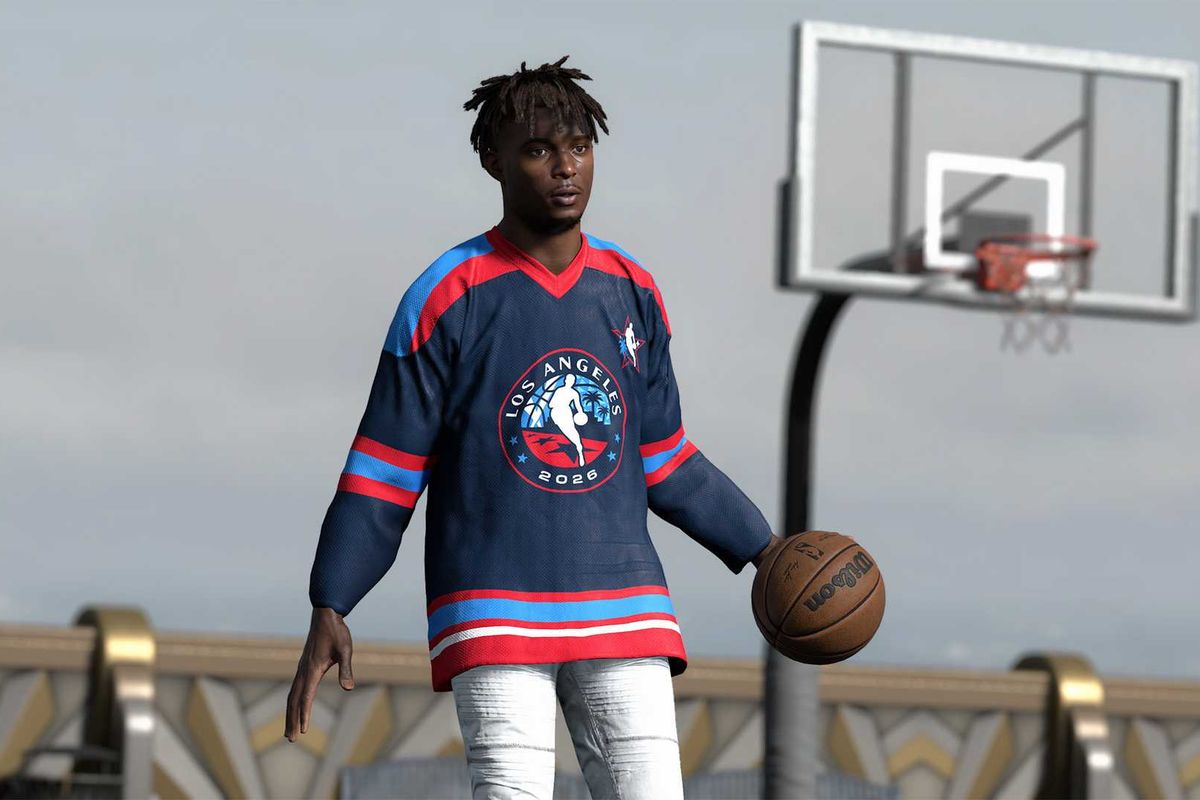Open TikTok, scroll past the dancing Gen Zers and viral quizzes, and chances are you will soon stumble upon a video of someone in equal parts earnest and unqualified professing to tell you you could have autism, ADHD or something else.
The hashtag #autism has 22.4bn views, while #adhd has 24.7bn and #mentalhealth has 82.5bn. Beneath these hashtags lie people acting out symptoms, listing traits or sharing personal stories. Their impact? Viewers overidentifying with the content and believing they have just unlocked a door to their identity.
How did we reach a world in which young people are outsourcing their diagnoses to their phones? Dr. Jayne Rodgers, senior lecturer in digital marketing and digital business, says: "Social media is embedded in the lives of teenagers as it's the go-to source for much of the information they don't feel they can get from other sources.
"These are the digital natives who have never known a world without smartphones and even the hippest parents are out of touch with that."
Take that and the small matter of the global pandemic. Dr Tara Quinn-Cirillo, associate fellow of the British Psychological Society tells the Telegraph that since then, there have been “a lot of people stuck in bedrooms, teenagers, who might be getting their main information from social media and TikTok.
Sign up to our free Indy100 weekly newsletter
@chloebrace97 Things that turned out to be undiagnosed autism #actuallyautistic #actuallyautsiticadult #autism #aspie #autismawareness
“They might not have the life skills to be able to go: ‘hang on let me ask my GP, go to the NHS website,'” she says.
That is if you can get a GP appointment at all. Speaking to Elle, Zoë Aston, a BACP accredited therapist, mental health consultant and author says: "We know that it can be really difficult to get professional help, support and diagnoses unless you have the cash to go private. NHS waiting lists can be anything between several weeks and a couple of years".
So that's how this has happened - but does it matter? Well, the headline of this article is one big spoiler alert. Diagnosing conditions on TikTok is damaging, but it would be remiss to neglect the positive impact of mental health content. After all, not too long ago acronyms like ADHD and were just a jumble of letters to the uninitiated. Those living with mental health conditions and neurodivergence may well have felt more alien than they do now.
With greater awareness about the symptoms and impacts of conditions like these, those suspecting they have them may be empowered to seek help. Awareness raising also builds communities and breaks down stigma.
Aston says: "Being able to identify problematic thoughts, feeling and behaviours is helpful. We’ve all been taught to notice changes in our body, on our skin and we know from an early age that physical pain is a sign that something is wrong. So there is no harm in being able to identify the equivalent for your mental health."
Meanwhile, Lauren Goodman, Creative Director and Education, who has ADHD, calls the platform "amazing" and "extremely validating" when it comes to "ADHD awareness", though notes it should not be used for "an official diagnosis".
But there's raising awareness of mental health conditions, and then there's profligating misinformation. And unfortunately, much of the content shared on TikTok falls into the second camp.
According to one analysis published in The Canadian Journal of Psychiatry of popular TikTok videos about ADHD for instance, 52 per cent were deemed misleading.
@dr.kojosarfo Visit TikTok to discover videos!
Rodgers says there is "significant danger in TikTok being used as a source of information".
"There is little regulatory control and it’s common to see both intentional and unintentional misinformation be shared," she says.
"Social proof, which is the popularity of posts that algorithms make visible to more users, is important to young people. Information with high levels of social proof is seen as credible and fact-checking is rare. Even the rise of fact-checking posts has shown little success in generating the same level of interest for TikTok users.
"Influencers are also popular with young people as they are seen as 'authentic' and information shared by them is given high credence. Influencers often share their lived experience, albeit a curated version of their lives, which endorses followers perceptions of their trustworthiness and credibility.
She adds that viewers can form "parasocial relationships" with influencers on the app when they feel an "affinity" with them and are easily persuaded by their content.
She also blames TikTok algorithms for helping this content thrive. "They’re able to keep users online, which increases advertising revenue despite the risk of teens misdiagnosing themselves," she says. "There is nothing right now to stop incorrect or ill-informed posts reaching large audiences."
Meanwhile, Dr Quinn-Cirillo, said she has seen rising numbers of young patients in her private practice who believe they have a condition after watching “30-second” videos on social media.
She said: “For someone like myself who spent years and years training, it’s a bit like a surgeon being told by someone else that they can just “tie up a vein” and hope they got it right.
“There are a lot of dangers as well because actually there could be other underlying conditions and you need support. It’s not just about assessment and diagnosis.
@too.tall.tom My intention is to help people become more food conscious and understand that sometimes it’s good to be hungry! #health #nutrition #foodaddiction #cravings #healthyfood #diet DO YOUR OWN RESEARCH
So next time you are scrolling past the dancing Gen Zers and viral quizzes on TikTok and come across content dressed up as educational and informative, it would be best to take it with a hefty pinch of salt.
After all, only a medical professional can really diagnose you with anything.
In a statement to ABC News, a TikTok spokesperson said: "We care deeply about the well-being of our community, which is why we continue to invest in digital-literacy education aimed at helping people evaluate and understand content they engage with online. We strongly encourage individuals to seek professional medical advice if they are in need of support."
indy100 has contacted TikTok to comment further on this story.
Have your say in our news democracy. Click the upvote icon at the top of the page to help raise this article through the indy100 rankings.
